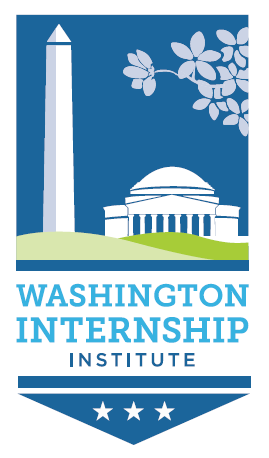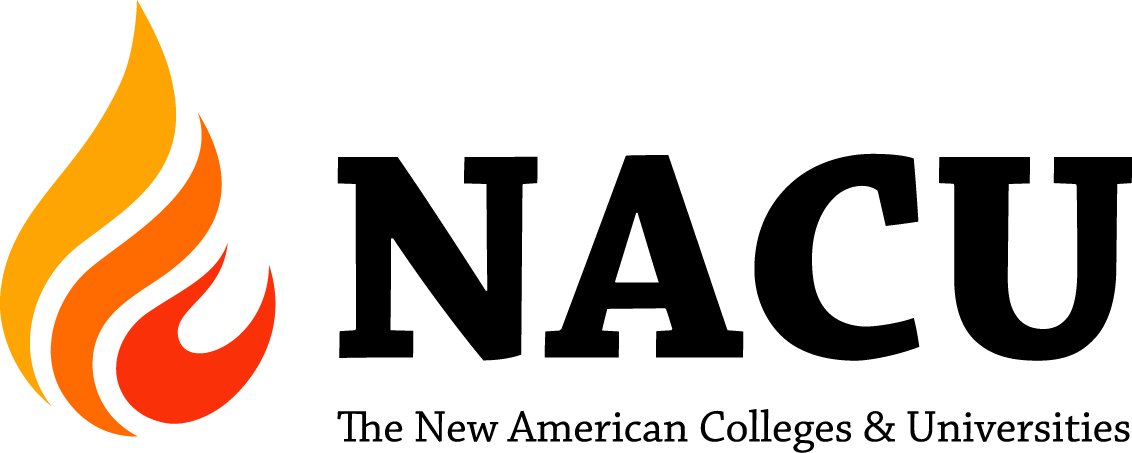Skills Gaps, Soft Skills, and the Promise of Potential
/As I am now the age of my parents were when I was in college, I find that anytime I start to talk about students in college today, I sound like an old person: “kids these days,” “in my day,” and other indicators of massive generational difference and bias start to creep into my speech.
When I came across this article about a “skills gap,” I expected to find someone also using the same sort of parlance. However, her assertion--that students lack “soft skills” like discipline, punctuality, and other markers of the loosely defined concept of “strong work ethic”--is backed up by data: employers find a significant gap between an employee’s skill level and their performance.
Let me say first that I am not the arbiter of what constitutes a strong work ethic, nor an exemplar: I basically spent the first year working on my dissertation watching lots of game shows. I did learn from that experience though, thanks to a wake-up call from my adviser and a more alert sense of my own pride.
However, there is something more than pride at stake here. And there is something more here than the author’s assertion (with which I largely agree) that faculty do a disservice by giving students leeway, free reign, or second chances. When there is a gap between what students can do and how they actually perform, not only are employers losing out, but so too are students; there is nothing worse to me than students not realizing their potential. Our new tagline--”Capitalize on Your Potential”--is not a mere play on words, but a call for students to take their potential and run with it. If what holds them back is a lack of discipline, responsibility, or “sticktoitiveness,” then I agree that we have a responsibility to teach that to them.
Those teachable moments can of course take place in the classroom, as the author advocates; however, I would (perhaps with little astonishment to you) also argue that those teachable moments about these soft skills can happen far more effectively in the workplace through an internship. Being late to class and being marked absent is one thing; being late to your internship and missing a presentation or failing to complete a task has far greater ramifications--and impact on students.
Often, I think we (rightly) focus on the professional skills students gain through internships, but I think perhaps the most important skill students learn is being professional. In my travels last week, I met with two recent alumni who both told me that they were changed by participating in the program. Yes, they gained professional skills, made new friends, and expanded their network; however, they both stressed that they changed personally: they became more responsible, more intolerant of slacking, more mature. I just know that, by gaining these “soft skills,” these students will be more productive and more content.


